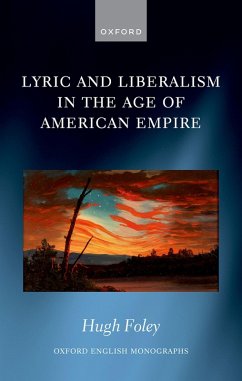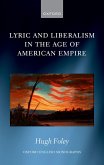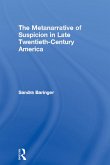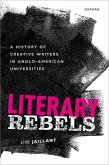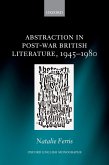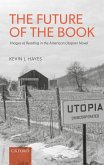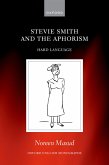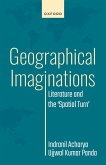What is the difference between the 'I' of a poem-the lyric subject- and the liberal subject of rights? Lyric and Liberalism in the Age of American Empire uses this question to re-examine the work of five major American poets, changing our understanding of their writing and the field of post-war American poetry. Through extended readings of the work of Elizabeth Bishop, Robert Lowell, Amiri Baraka, John Ashbery, and Jorie Graham, Hugh Foley shows how poets have imagined liberalism as a problem for poetry. Foley's book offers a new approach to ongoing debates about the nature of lyric by demonstrating the entanglement of ideas about the lyric poem with the development of twentieth-century liberal discussions of individuality. Arguing that the nature of American empire in this period-underpinned by the discourse of individual rights-forced poets to reckon with this entanglement, it demonstrates how this reckoning helped to shape poetry in the post-war period. By tracing the ways a lyric poem performs personhood, and the ways that this person can be distinguished from the individual envisioned by post-war liberalism, Foley shows how each poet stages a critique of liberalism from inside the standpoint of 'lyric'>. This book demonstrates the capacities of poetry for rethinking its own relation to history and politics, providing a new perspective on a vital era of American poetry.
Dieser Download kann aus rechtlichen Gründen nur mit Rechnungsadresse in A, B, BG, CY, CZ, D, DK, EW, E, FIN, F, GR, HR, H, IRL, I, LT, L, LR, M, NL, PL, P, R, S, SLO, SK ausgeliefert werden.

